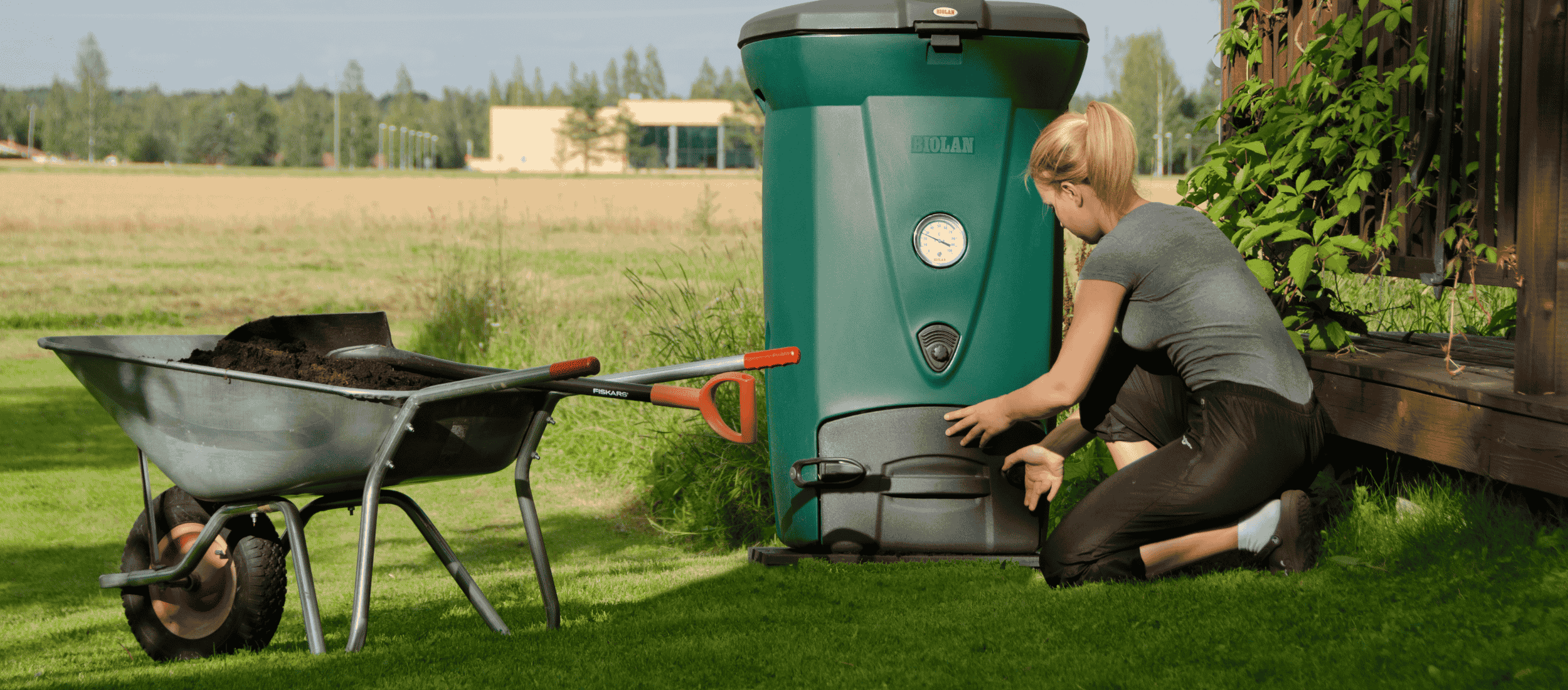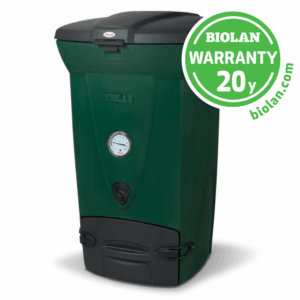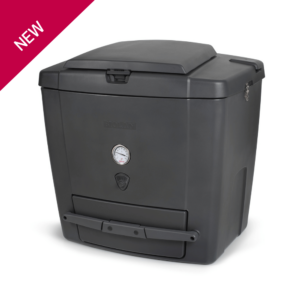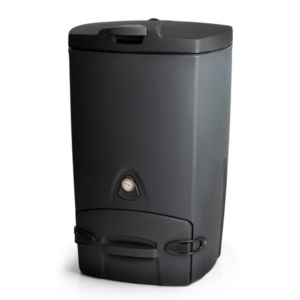COMPOSTING BASICS – WHAT EVERY COMPOST NEEDS

Composting is one of the easiest and most impactful ways to reduce household waste and give something back to nature. But it’s not just about tossing scraps into a bin.
Composting doesn’t happen by magic—it happens because of microbial life.
🌿 Compost Is Alive – Microbes Do the Work
Did you know that composting is a living process?
At the heart of your compost pile is a busy group of microbes—tiny organisms that break down organic material.
Bacteria, fungi, and other decomposers feast on your kitchen and garden waste, transforming it into a dark, crumbly soil conditioner full of nutrients. But like all living creatures, they need the right environment to work efficiently—and that means balancing moisture, airflow, food, and temperature.
Let’s take a closer look at each of these essentials.
💧 Moisture – Not Too Dry, Not Too Wet
Microbes need water to survive and digest materials. Without enough moisture, composting slows down. But if there’s too much water, the pile becomes compacted and oxygen can’t circulate, leading to bad smells and rot.
How to check: Grab a handful of compost and squeeze it.
- If it drips water, it’s too wet.
- If it crumbles and feels dry, it needs more moisture.
- If it feels like a wrung-out sponge – that’s just right
💡Tip. Too wet? Add bulking material like Biolan Bulking Material.
Too dry? Mix in fresh food scraps or lightly sprinkle with water.
🌬️ Air – Oxygen Keeps Things Fresh
Oxygen is essential for aerobic microbes—the good kind that do the real composting work. Without air, anaerobic microbes take over, and the result is slow, smelly decomposition.
Tips to keep your compost breathing:
- Add bulking material with every layer of food waste to create air pockets.
- Avoid compacting the compost. Always mix in soft or wet materials.
- Stir your compost regularly to introduce fresh air. A tool like the Biolan Compost Mixer makes the job quick and easy.
In a well-structured compost pile, the material stays loose and airy, making it easier for microbes to thrive.
🍎 Nutrients – A Balanced Microbial Diet
Just like us, compost microbes need energy to live and grow. They get this energy from carbon compounds in organic waste. They also need nitrogen to build their cells. Other nutrients matter too, but the balance between carbon and nitrogen is the key to successful composting.
Kitchen waste, grass clippings, and manure are nitrogen-rich “greens.” Dry leaves, straw, and Biolan Bulking Material are carbon-rich “browns.”
The right mix helps the compost stay active, odor-free, and balanced.
💡Tip: Cover kitchen waste with about one-third its volume of Biolan Compost and Toilet Bulking Material.
Add more if the compost smells or feels too wet. When in doubt, it’s safer to add more browns than too many greens.
Need a boost? Biolan Compost Accelerator can help activate slow or cool compost.
🌡️ Heat – A Sign of Microbial Activity
Heat is a natural byproduct of active composting. As microbes break down organic matter, they generate energy—and that energy creates warmth. The warmer your compost, the faster the process moves. This heat not only speeds things up, but also helps destroy pathogens and weed seeds.
However, heat can escape quickly—especially from small or uninsulated composters.
To support the composting process year-round:
- Large open piles (at least 1 m³) can self-insulate—outer layers trap heat, and the core stays active.
- Smaller composters need insulation. The smaller the volume, the thicker the insulation should be—ideally at least 4 cm.
- Polyurethane is one of the most efficient insulation materials for composters.
Biolan thermal composters—like the Biolan Thermo Composter 220 Eco, Biolan Biowaste Composter, and Biolan Thermo Composter 500—are designed to retain heat and keep composting active in all seasons.
✅ Ready to Start Composting?
Explore our full range of composters and accessories to find the perfect match for your home or garden.
Let’s make composting easy, effective, and rewarding—together. 🌱




























